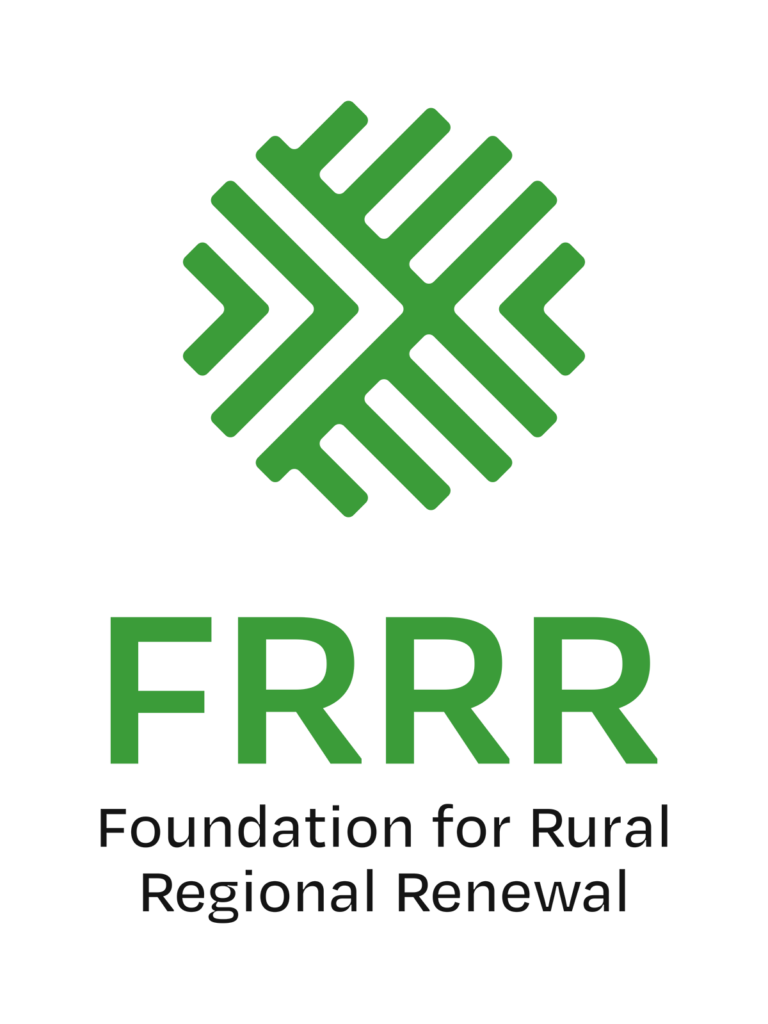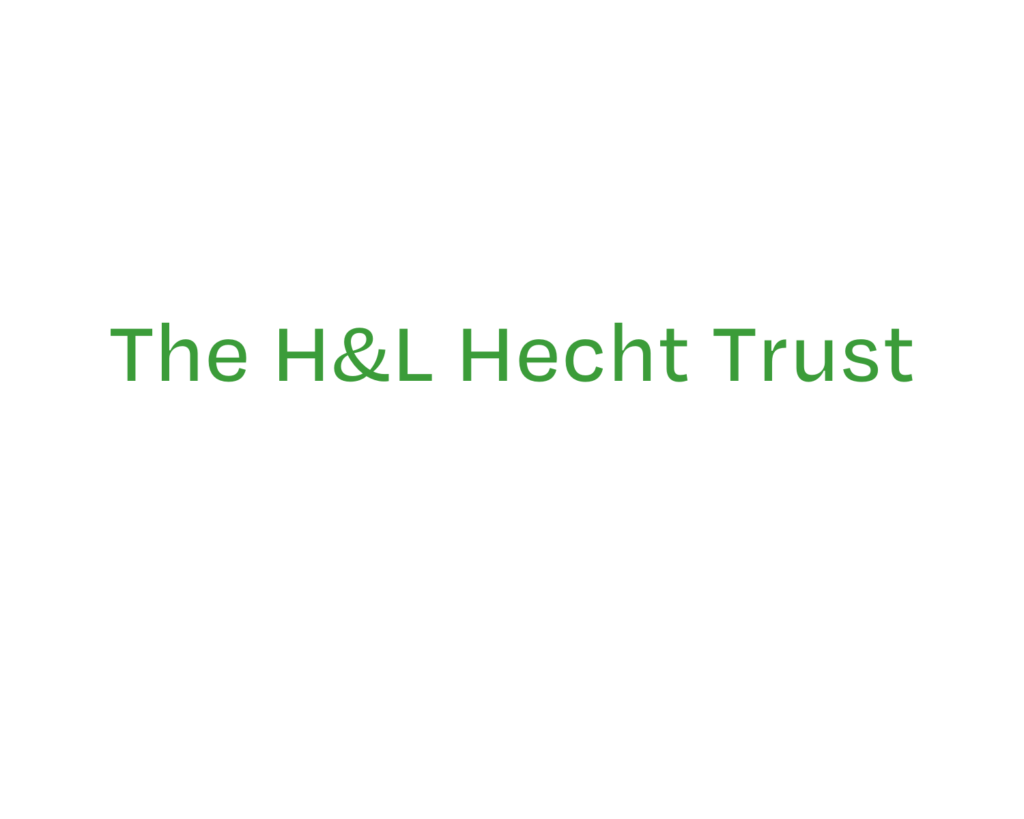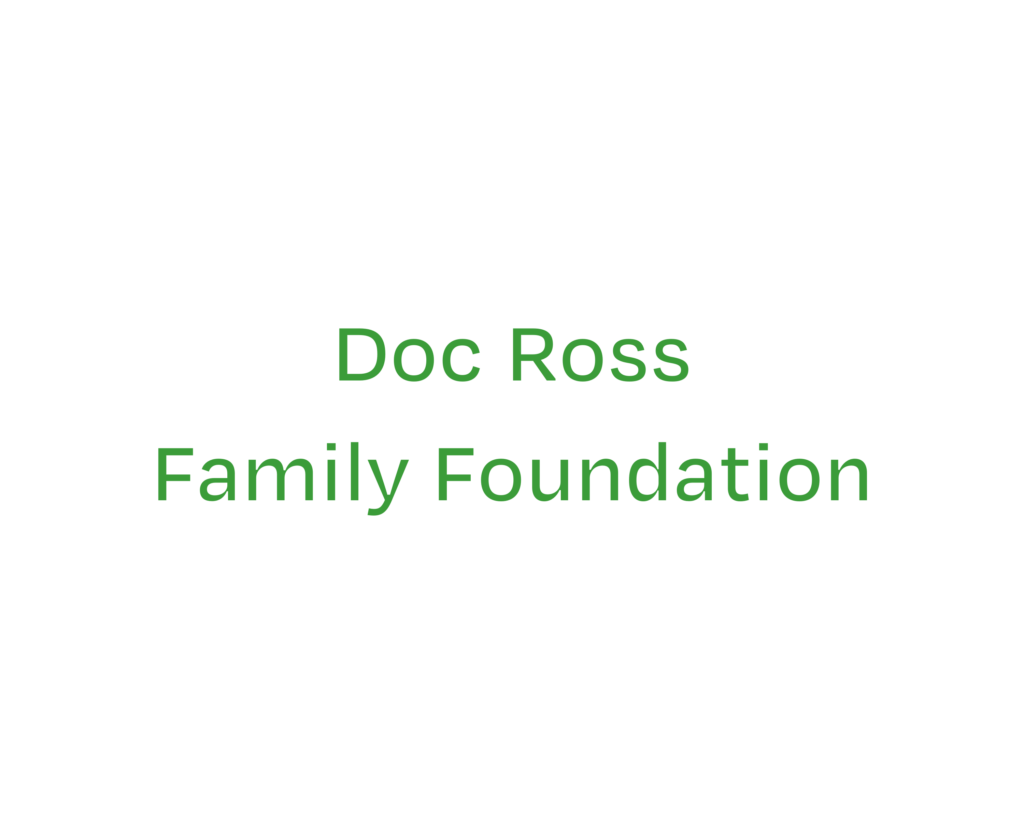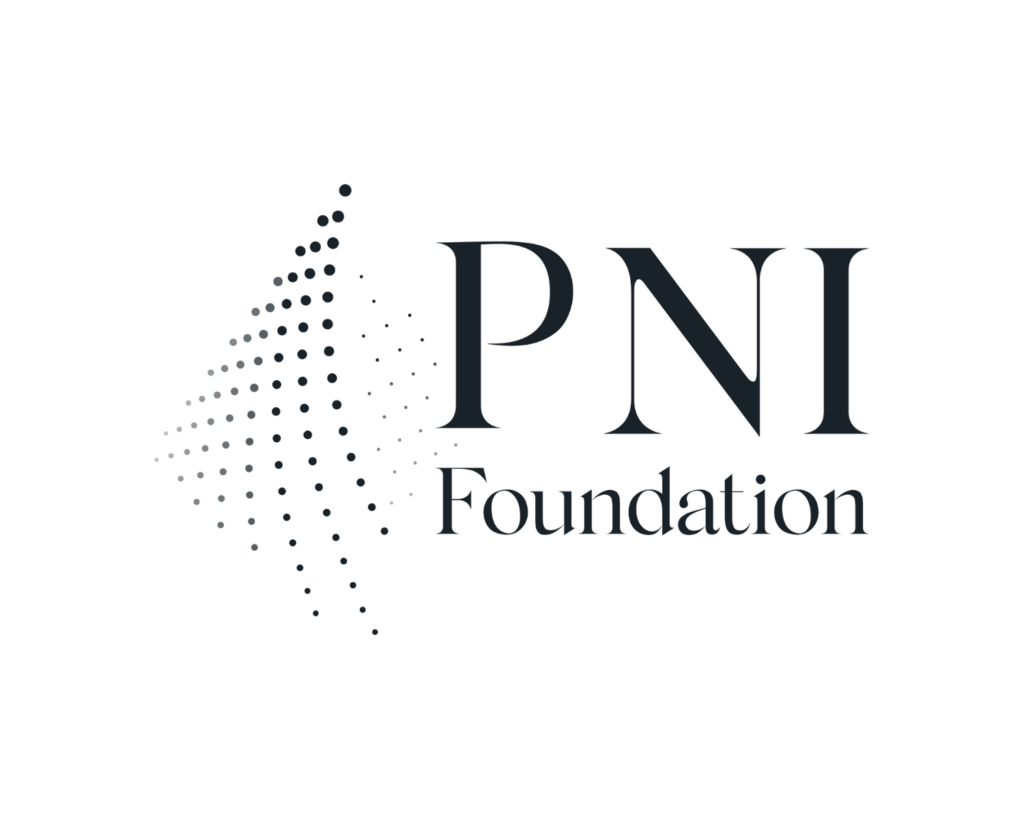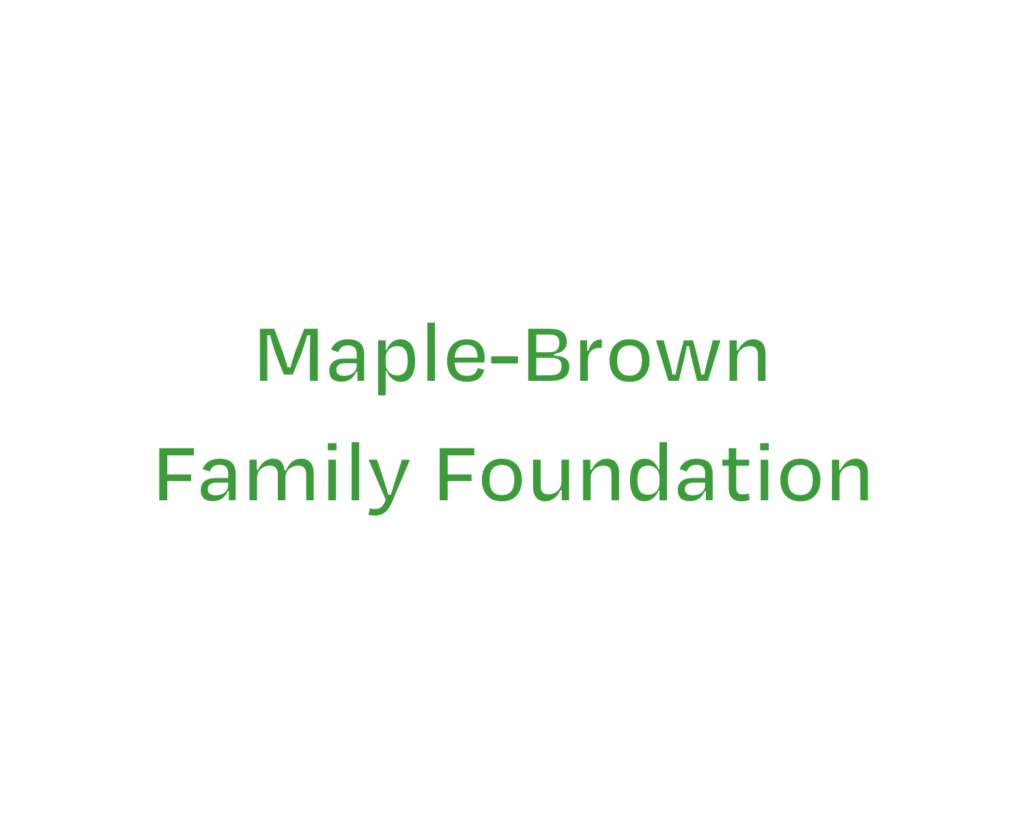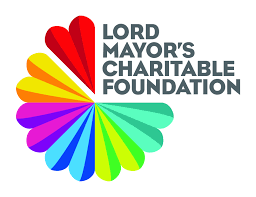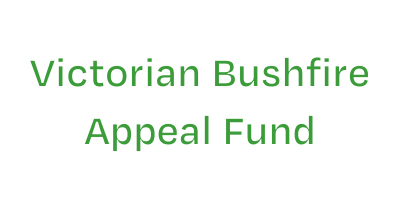DR:FR Victoria
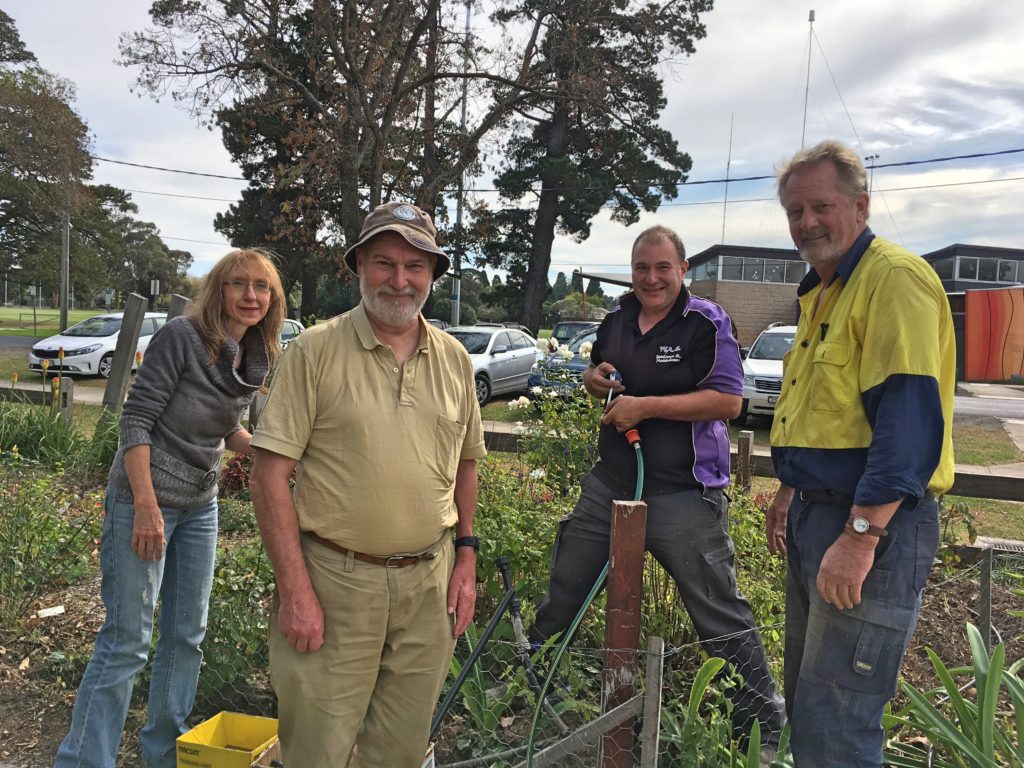
Communities that are engaged, connected, empowered, and have high social capital tend to respond and recover better from natural disasters and other disruptions than those with lesser capacity in these areas. They are also best placed to determine the most effective approaches to building their capacity and capabilities for their situation and context.
Disaster Resilient: Future Ready is a national initiative that supports remote, rural and regional communities to lead initiatives that improve wellbeing, increase preparedness and strengthen resilience, so they have greater capacity to endure, adapt and evolve positively when faced with the impacts of climate, disasters and other disruptions.
Over several-years FRRR works at a hyper-local level with grass roots organisations and community representatives to build local knowledge of climate risks, catalyse leadership and facilitate collective action to enact solutions that build on local knowledge and strengths at the intersections of people and place to strengthen social capital and build community resilience.
The DR:FR Victoria program partners with a cohort of place-based community working groups and their communities. Learn more below.
Proudly supported by
DR:FR VIC Community Partners
The communities of Korumburra, Myrtleford and Whittlesea township and surrounds are partnering with FRRR through the Disaster Resilient: Future Ready program in Victoria from 2021-24.
The DR:FR VIC program began in 2022 with a series of activities to bring community working group members together and engage the broader community to share knowledge, experiences and aspirations so that they can be better prepared for future climate disasters.
Community working groups continue to meet regularly and all have now accessed funding from FRRR to carry out activities identified by their community as important to strengthening their community resilience. A total of $120,839 in grants have been made to the three communities to progress their priority projects.
Explore the sections below to learn more about each community and their focus through the DR:FR partnership.
Media Releases and Resources:
Korumburra
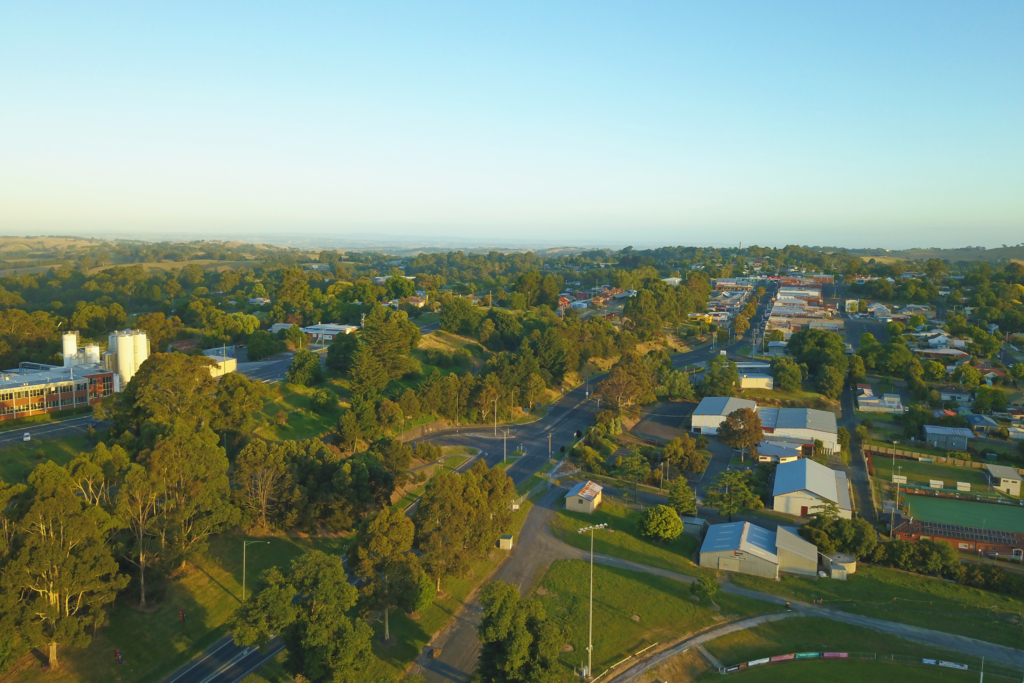
Korumburra is an agricultural area located 120km southeast of Melbourne at the foothills of the Strzelecki Ranges. The primary industry is dairy and beef with a growing niche in gourmet food and tourism.
The Korumburra community is passionate about the town, its infrastructure, resources and people. Community members will fight for the things they care about and generally are very active and involved in what’s going on in the community and how they can support positive development.
The community has great educational leaders and more than 35 active community groups catering to a range of interests and age groups. The groups are diverse with lots of different people volunteering in them.
Korumburra is setting up Helping Hands and teaming up with another Korumburra Community Group to redesign the Korumburra Community Website. Helping Hands will match community volunteers with those in need of assistance through the website, social media and six-monthly volunteer expos, the first to be held in October 2023. The Website will build community networks, including among new arrivals and retirees, who may not be well connected into the community. It will provide support to residents in need, improving resilience generally and in emergencies such as storms or heatwaves.
The project has the support of a number of Korumburra organisations, including the Round Table, Lions Club and Police, who all see the benefits of relationship building and sharing information across the community.
A second project considered by the group was to make a railway subway linking different parts of the town to create a safer and more attractive environment by painting an art mural with the involvement of local artists, First Nations people and school students. The value of this project has been recognised by the South Gippsland Council, who have decided to undertake the work themselves. This is an excellent outcome of the community work that has gone into highlighting the need and likely benefits to the community.
Myrtleford
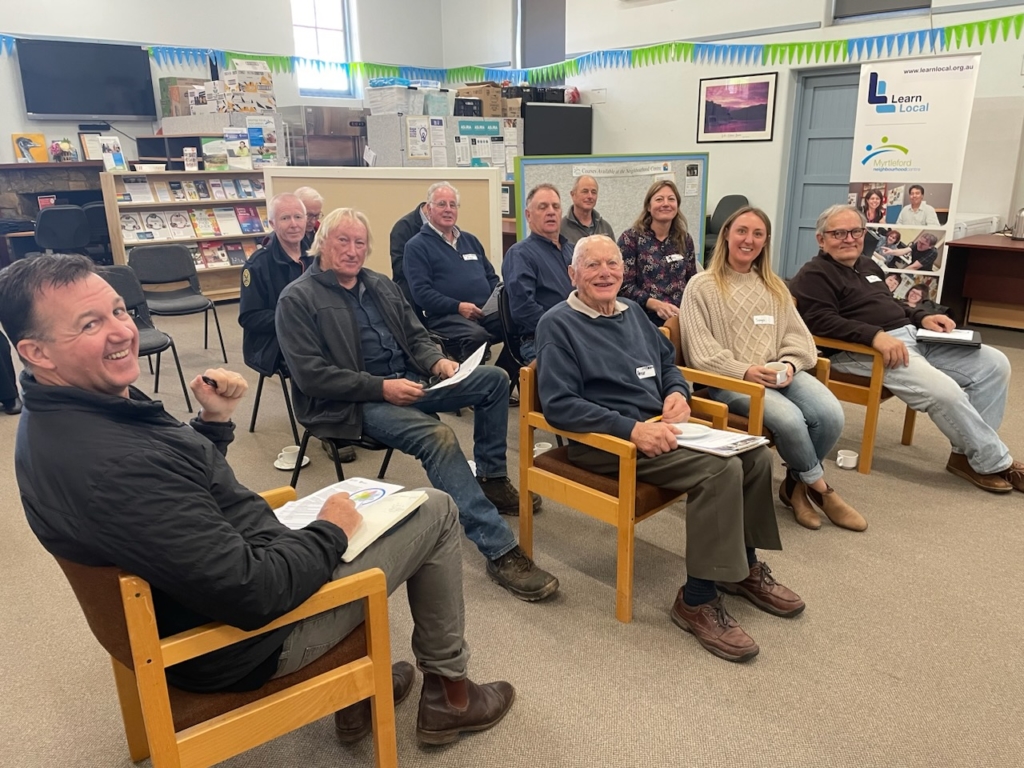
Myrtleford is located at the Western end of the Great Alpine Road, in the Ovens Valley, at the foot of Mount Buffalo and ahead of the upward drive to Mt Feathertop and over the High Country Alps to Omeo and Gippsland beyond. Myrtleford comprises a township with a number of outlying communities. It is historically a timber, farming and trade services community, with outlying areas with community assets such as CFA sheds, community halls and a local CWA group. There is an Italian cultural flavour to the region due to the settlement of post-WWII migrants.
The people of Myrtleford have a ‘get on and do it’ persona. The multiple community groups in the township and surrounding areas activate during bushfires, floods and other events, but each works relatively independently. Myrtleford is bucking a trend seen in regional communities with many young start-up businesses that are coming in and bringing new energy and momentum to community life which in turn is bringing new energy to volunteering and community groups.
The community has a long history with bushfires, having experienced immediate threat and damage in the 2009 Black Saturday fires and being put on high alert during the 2019/20 Black Summer Bushfire season. From these experiences, it was noted that there is often a 72 hour period following a disaster event before formal emergency management responses are fully activated. Myrtleford was keen to focus on the role of community organisations to support impacted community members during this 72 hour time period.
FRRR funding has been used to engage a person in a Community Connector Role for the Myrtleford neighbourhood, who has made connections and built relationships with a wide range of community groups and leaders. This has culminated in a series of workshops that identified the need for a Contacts Directory and Community Assets Map, to make communication and co-ordination of resources easy in an emergency.
Putting together the Contacts Directory and Assets Map is well underway. These resources are being further enhanced with the running of a number of emergency scenarios. The first of these was run by Myrtleford SES, considering an earthquake scenario. It proved to be a very thought-provoking exercise, with discussions on the time-of-day a disaster hits, to potential flow-on impacts for power outages, collapsed buildings and a landslide blocking the Great Alpine Road. The community is keen to build on this work and engage further with groups that have not been part of the process so far, particularly those supporting vulnerable residents.
Whittlesea township & surrounds
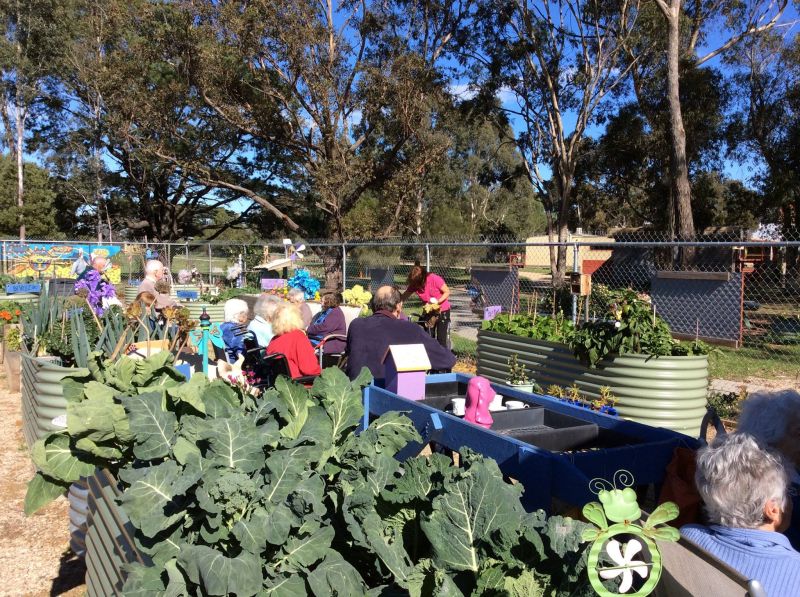
Located on the outskirts of Melbourne, the Whittlesea township is a significant regional hub and provides a lot of support to and around the nearby regional areas. The community has a long history of bushfire events, most notably the 2009 Black Saturday fires where many lost homes and assets in the region. Members of the community of Whittlesea generally identify the community as anyone from the Whittlesea township and surrounds, and anyone that utilises the Whittlesea township as its hub for services, connections and resources.
The Whittlesea community is supported by community leaders who have a high capacity, extensive knowledge and lived experience in bringing together community assets, resources and people in times of disasters or other emergencies. These community members are passionate about transferring this knowledge to the next generation and a more diverse group of Whittlesea community members to support the community navigate change, respond to future disasters and strengthen broader community resilience.
A Community Recovery Committee was formed in the aftermath of the 2009 bushfires and has since evolved into the Whittlesea township and surrounds Community Resilience Committee (CRC).
The CRC is keen to ensure that grassroots community action in future events is recognised in the formal Municipal Emergency Management Plan (MEMP) and, therefore, by the formal disaster response agencies. They have received support from the MEMP Committee and are currently rewriting a previous Community Emergency Management Plan, to be endorsed later in 2023.
They then intend to create a Community Emergency Response Network of local people and agencies, who would coordinate the community-level relief efforts in future disasters.
FRRR funding has been used to employ a Project Officer to support these initiatives.
FRRR is delighted to support each community’s passion and persistence for identifying their own priorities and acting to build resilience to climate impacts, in order to make a difference when the next emergency arrives.
More partners welcome
There is strong interest from other communities (in Victoria and other states) to partner with FRRR and our program supporters through the DR:FR initiative. We currently have several communities keen and ready to jump on board and we would love to work with them.
We are grateful to our current partners for making the Victorian DR:FR program possible and would love to hear from others with the capacity to partner with us to expand the initiative in the future.
Please contact Nina O’Brien, Disaster Resilience and Recovery Lead.
More information
The first iteration of the Disaster Resilient: Future Ready model was piloted in three communities in New South Wales. In response to learnings from the pilot project and new research and practices in disaster recovery and community-led resilience, the model has been reviewed and adapted for the Victorian iteration in 2021-2023.
If you are interested in learning more about the DR:FR initiative including its background and model visit www.frrr.org.au/drfr.
We also encourage you to explore this Critical Dimensions of Community-Led Resilience Building summary.
For more information about any of the Disaster Resilient: Future Ready program activities or to discuss how they could be applied to other communities, please contact the DR:FR Program Manager Caroline Larcher on c.larcher@frrr.org.au.

